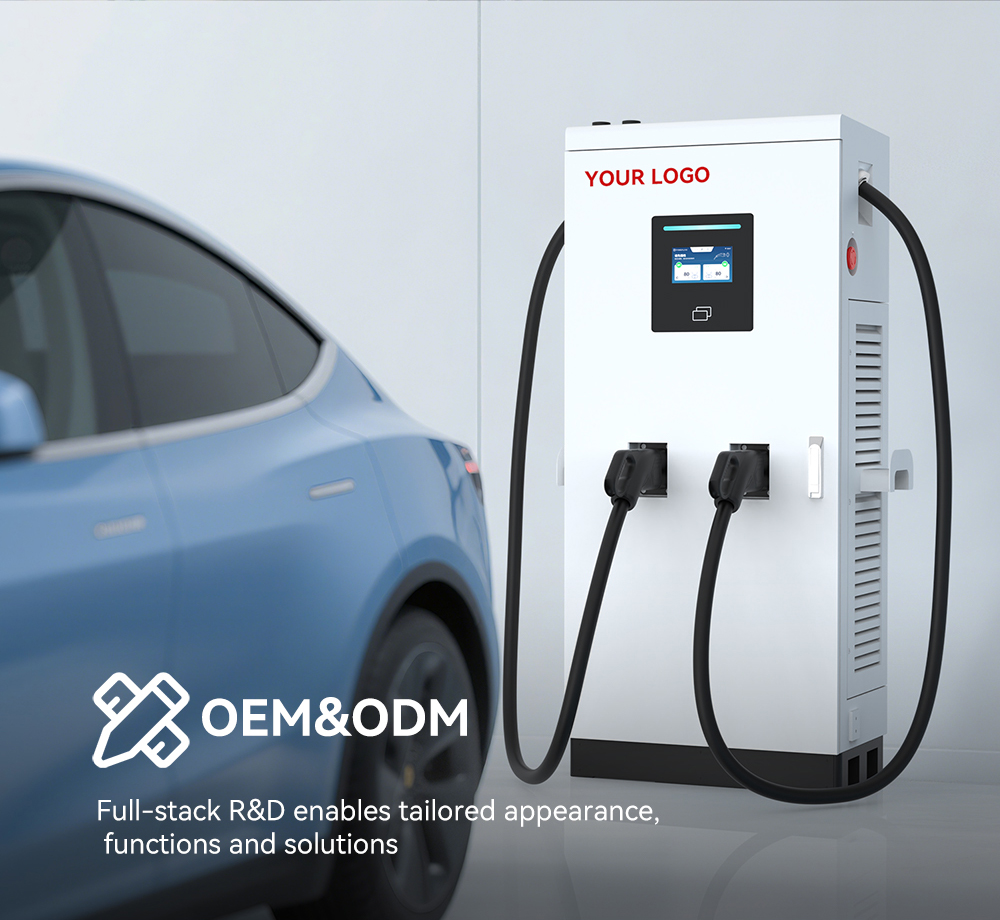Industry newsSep 19,2025By:
SPRINGFIELD, Ill. — Illinois is moving forward with a new round of government funding for electric vehicle (EV) charging stations after a legal battle forced the release of money that had been withheld. The state is set to receive $18.4 million as part of the second round of grants, and this latest injection brings its total EV charger funding under the Bipartisan Infrastructure Law close to $44 million.
The money comes from the 2021 Bipartisan Infrastructure Law, signed under President Joe Biden, which included about $148 million for Illinois to build out more EV charging infrastructure.
In 2024, Illinois used $25.3 million of that money to install charging stations at 37 locations across the state.
However, earlier this year the Trump administration paused the release of the next round of funding—despite Congress already approving it—after an executive order halted many clean energy expenditures.
Illinois Attorney General Kwame Raoul, along with 16 other state attorneys general, filed a lawsuit in May, arguing that the president had no legal right to withhold funds that Congress had already appropriated. A judge ruled in June that the government must release the funds to Illinois and other states.
With the newly released $18.4 million, Illinois will build 167 charging stations at 25 locations, mostly located along interstate highways.
This means that Illinois will have received about $43.8 million in total from the Infrastructure Law grants so far, supporting 349 charging ports across 62 locations once all this new work is completed.
State leaders believe this expansion is key to Illinois reaching its goal of having 1 million electric vehicles registered by 2030. More charging stations especially along major highways will make it easier for EV owners to travel without worrying about finding a charger.
Some of the specific grant-funded locations include:
● Wally’s gas station in Pontiac (along Interstate 55)
● A Target parking area in Gurnee off Interstate 94
● Eric’s Too Family Restaurant and Lounge near the I-55/I-74 interchange in Bloomington (with a grant of about $910,287)
Mayor Dan Brady of Bloomington said that this infrastructure will bring “not only new charging stations but also enhanced energy sources” to the local community.
The path to releasing the withheld funds involved a major lawsuit. Illinois and other states argued the withholding violated Congress’s power to appropriate funds.
A federal judge agreed in June: states must receive funds Congress has already approved—regardless of later executive actions to pause or review them.
This is part of a broader legal crisis over the National Electric Vehicle Infrastructure (NEVI) program, a $5 billion effort to build out EV chargers nationwide. Multiple states sued the federal government after it canceled or delayed commitments made under the program.
● Illinois will continue building out charging sites, especially along major travel corridors.
● Officials expect that with the infrastructure in place, more drivers will feel confident choosing electric vehicles, helping with broader environmental and energy goals.
● More grant recipients will likely be announced soon, as the infrastructure law funds roll out.
This case is just one example of the tension between legislative action and executive power in the evolving clean energy space. The Impoundment Control Act, a law from 1974, prohibits the executive branch from withholding funds that Congress has approved.
States arguing that withholding these funds had real harms—they had already made plans and commitments based on Congressional allocations. Delays can increase costs and slow down the EV transition.
● It shows how legal action can force the release of appropriated public funds, which is a big deal when dealing with climate infrastructure.
● It underscores the importance of EV charging infrastructure—not just for environmental goals, but also for economic development, consumer travel, and local communities.
● It highlights that uncertainty in funding or policy can delay rollouts, and legal clarity matters for investors, builders, and drivers alike.

Check out Pingalax!